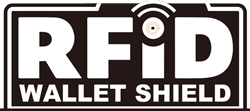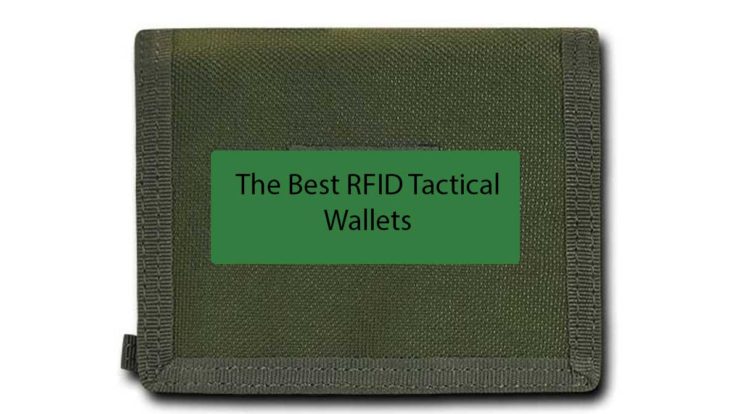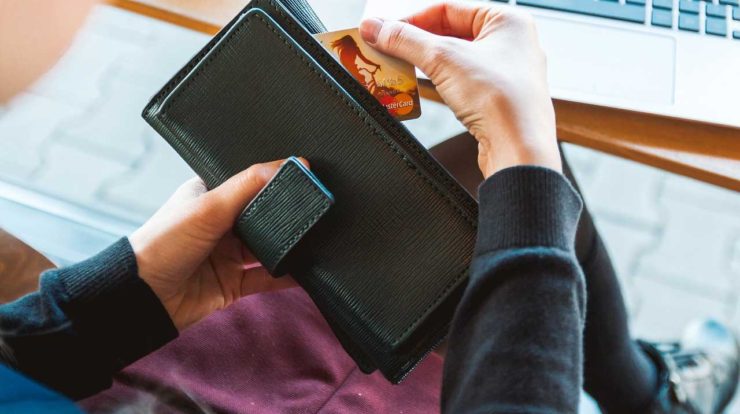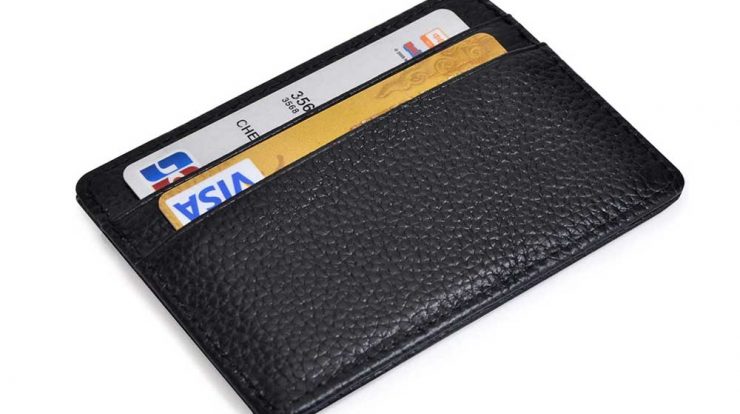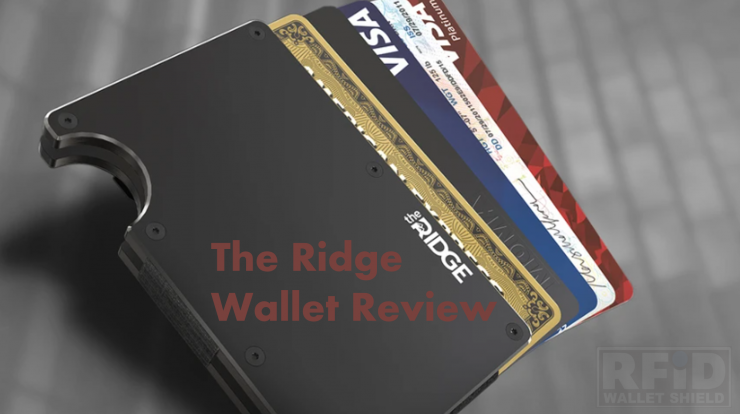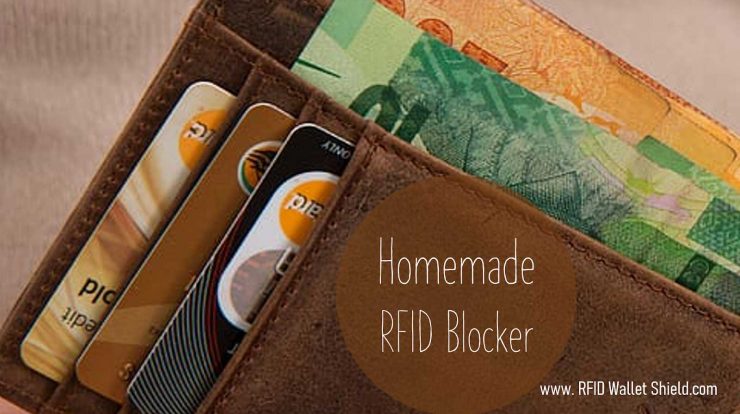
You must have wondered, Do US Passports Need RFID Protection? Probably not, but it never hurts to add an extra layer of protection, especially in this age of high tech identity thief. Ever since 2007, all US passports have an RFID chip in the front cover which can be read by authorised scanners.
The risk of it been accessed by an unscrupulous person is quite low. However, you can purchase an RFID protected wallet to put your passport in, which will totally safeguard you from such an attack.
If you travel internationally from the United States to other countries around the world, you should consider yourself a very lucky person. Traveling internationally can be an amazing adventure, exploring new lands, learning new cultures and making new friends along the way.
If you do, you already have a U.S. Passport in your possession (since you can’t leave the country without one). If you don’t, you’ll need one, but the good news is that they’re easy and inexpensive to get (if you’re a U.S. citizen, of course).
When Did The United States Start Putting RFID Chips in their Passports?
If you don’t have one yet, you should know that, since 2007, all U.S. passports have come with an RFID chip embedded in them. It’s been put there to improve security at the airports both in the U.S. and in other countries.
The RFID (radio frequency identification) chip contains the same information as you see on the front page of your passport, including your picture, name, D.O.B. and so forth. When you go through customs they can scan it quickly and easily, to get you through faster. (At least, that’s the idea. If you’ve ever been to the airport on a busy day it might not seem that way at all.)
Does the RFID Chip Open you to The Risk of Hacking?
The big question that many people have about the RFID chip in their U.S. passport is if they can be scanned by airport personnel, can they also be scanned by a criminal who wants to hack it and steal your identity? And, if yes, should you purchase an RFID blocker for your passport to protect your data?
G. Mark Hardy, president of National Security Corp in Rosedale, Maryland, says that “Yes, someone nearby could read what’s in your wallet. That’s why I keep my passport in an RFID-shielded wallet,” but also adds that “it’s less likely to happen, at this point in time, because it’s so much easier to do fraud some other way.”
So if you go by what Mr. Hardy is saying, protecting your passport from hacking isn’t really necessary because criminals have other, better ways to steal your data. (Forgive me if that doesn’t make me feel all that much safer.)
Do US Passports Need RFID Protection? A U.S. Passport Can’t Be ‘Skimmed’ If It’s Closed
The U.S. government certainly doesn’t want its citizens to be at risk of hacking by criminals and so, when they designed the RFID chips that are in passports, they put in several security features that made it more difficult to skim them.
One of those is pretty simple and straightforward; the chip can only be ‘read’ when the passport book is open. So all you need to do is make sure your passport book is closed and you shouldn’t have a problem since an RFID scanner can’t read it when the book is closed. Pretty simple.
What If You’re Still Worried a Hacker Could Steal Your Passport Data?
Here’s the thing; some people simply don’t like the fact that an electronic chip contains all their valuable data because electronic chips can always be hacked with one method or another. Plus, let’s be honest, criminals don’t give up all that easily and new hacking tech is always coming onto the illegal market.
Some folks have taken to doing some pretty radical things to diable their RFID Chips, including smashing them with a hammer to render them unreadable and even putting them in the microwave to disable the chip.
The good news is that, in most cases, this will render the chip unreadable. The bad news? You might need to get another passport because, according to the American Burea of Consular Affairs, “Any degradation of the passport book may lead to invalidation of that book.”
Plus, just FYI, it’s actually illegal to tamper with your U.S. passport and could get you in trouble with the federal government if they realize that you’ve purposefully damaged it. So it probably isn’t a good idea.
Also, you can’t get a U.S. passport without an RFID chip anymore (even if you say ‘pretty please’) and, since they stopped making them without RFID chips in 2006, and passports are only good for 10 years, there aren’t any passports around anymore without chips that are still valid for travel.
What’s a More Common Cause of Passport Data Theft?
Yes, there are ways that a criminal could skim your passport but, as we’ve talked about, they aren’t really targeting RFID chip. In most cases, the bigger risk you face is that someone will steal the entire passport itself, either by picking your pocket or stealing it from your things when you’re not looking.
For this reason, it might be a good idea to get a passport holder that you strap around your neck and can then put under your shirt, sweatshirt or jacket when you’re traveling.
It’s also a good idea that when you arrive at your hotel, you leave your passport in the safe in your room (if there is one) or simply in a drawer. Taking it with you when you go out in public, at least in some countries, isn’t a great idea. There’s very little chance you’ll need it anyway if you’re not boarding a plane or a train.
Still, A Little Extra Protection Never Hurts
The fact is that, yes, if a scam artist had an RFID scanner they could read the data on your U.S. passport, skim it, and use it for whatever criminal intent they might have. (A pox on all of them, am I right?!) That being said, protecting your passport with an extra layer of protection like an RFID-blocking sleeve or cover is a good idea and adds an extra layer of protection to keep your private data private. There are a few different choices, including;
- RFID Blocking Sleeves
- RFID Blocking Wallets
- RFID Blocking Passport Cases
- RFID Blocking Purses
- RFID Blocking Backpacks
- RFID Blocking Clothing (jackets, shirts, pants, etc.)
In Closing
You don’t have to ask yourself the question, do US passports need RFID protection again because the chance that a criminal will skim data from your U.S. passport is low but it is possible. If you want to protect yourself and your passport data completely, using one of the RFID blocking devices above is a good idea, as well as following best practices to protect yourself.
That includes always keeping your passport book closed, never putting it in an exposed pocket and opening it only in the presence of qualified personnel at the airport or train station.
We hope you enjoyed this article and it answered all your questions about RFID blocking for your U.S. passport. If you have more, need advice or want to leave a nice comment, please do so in the space provided and have a fantastic time on your next international trip!
